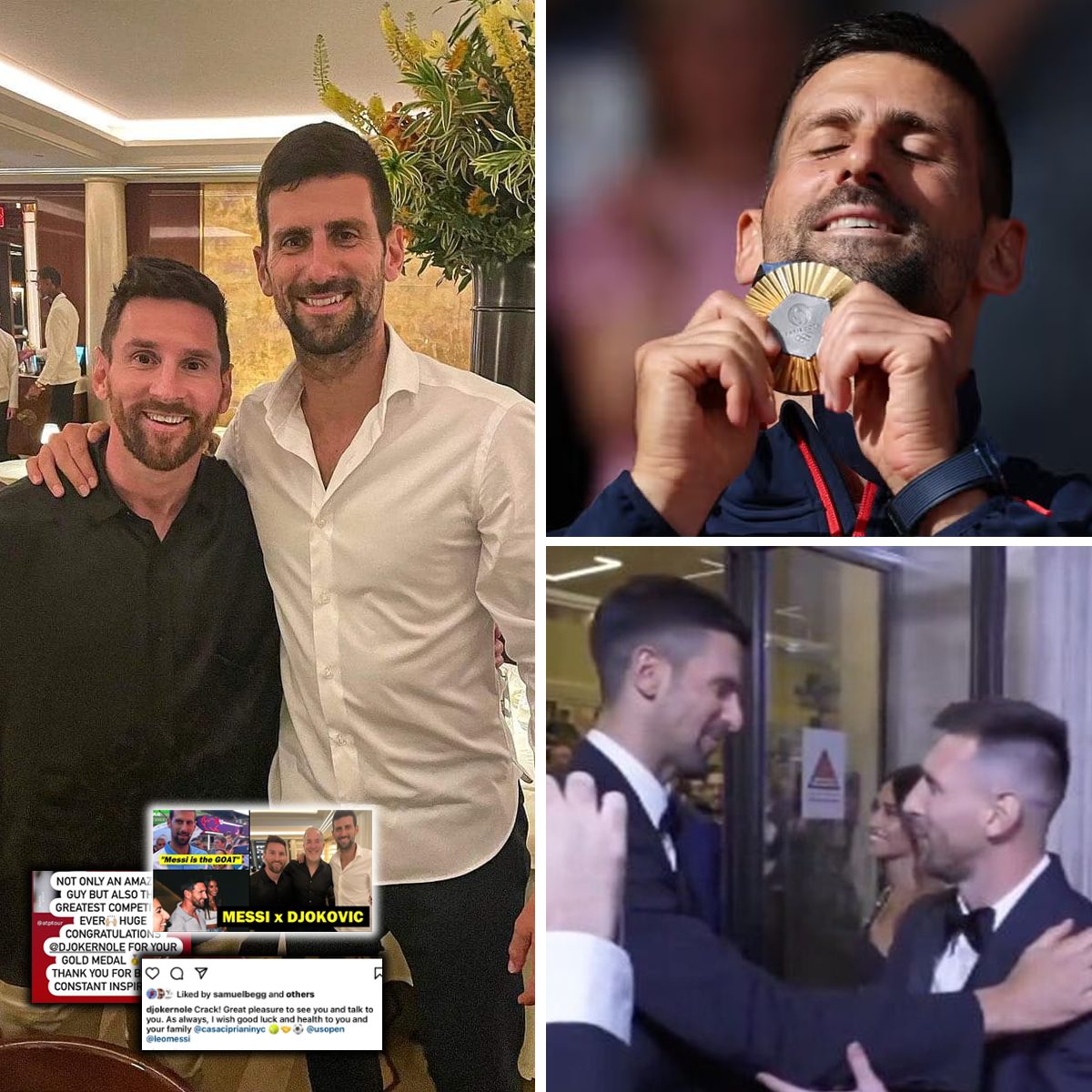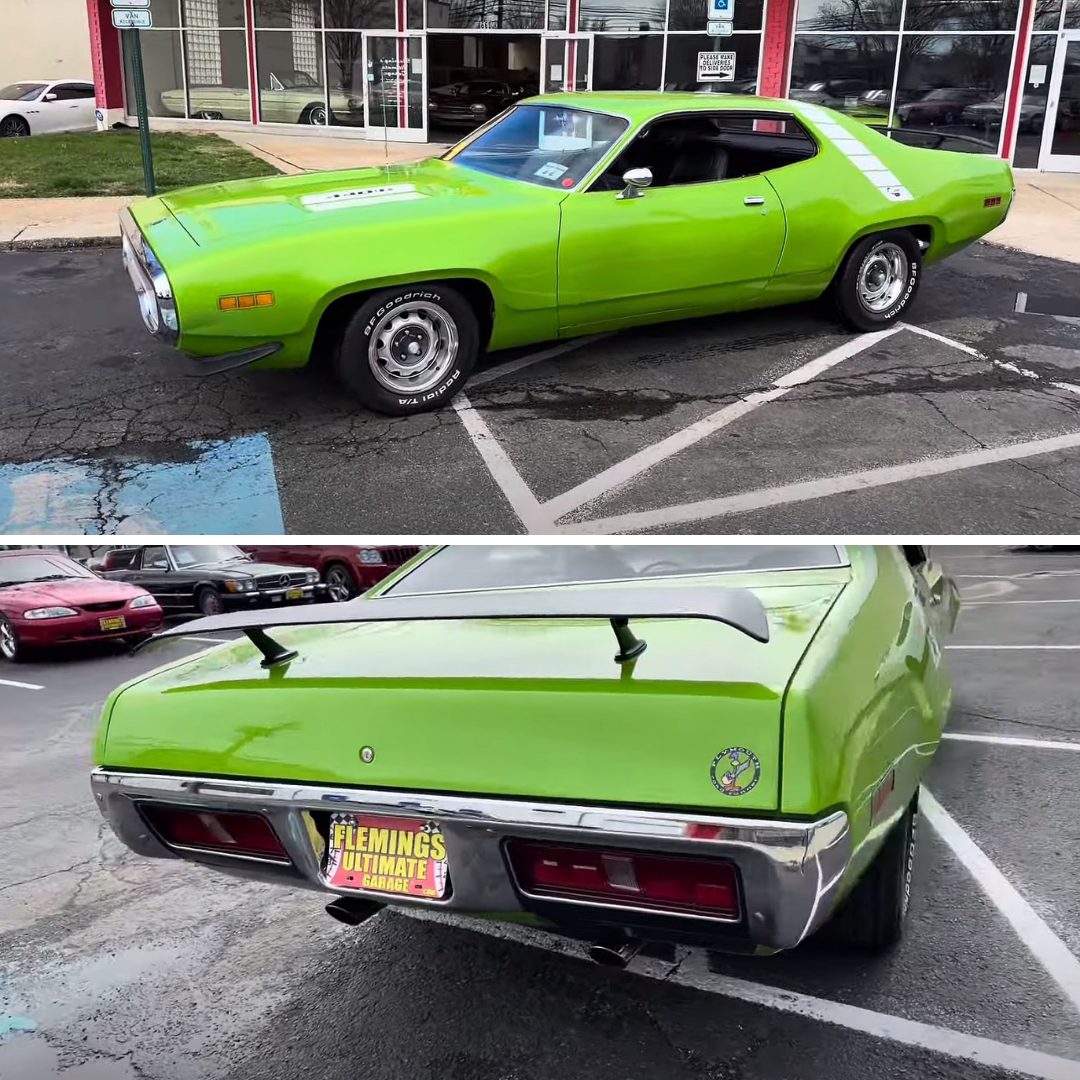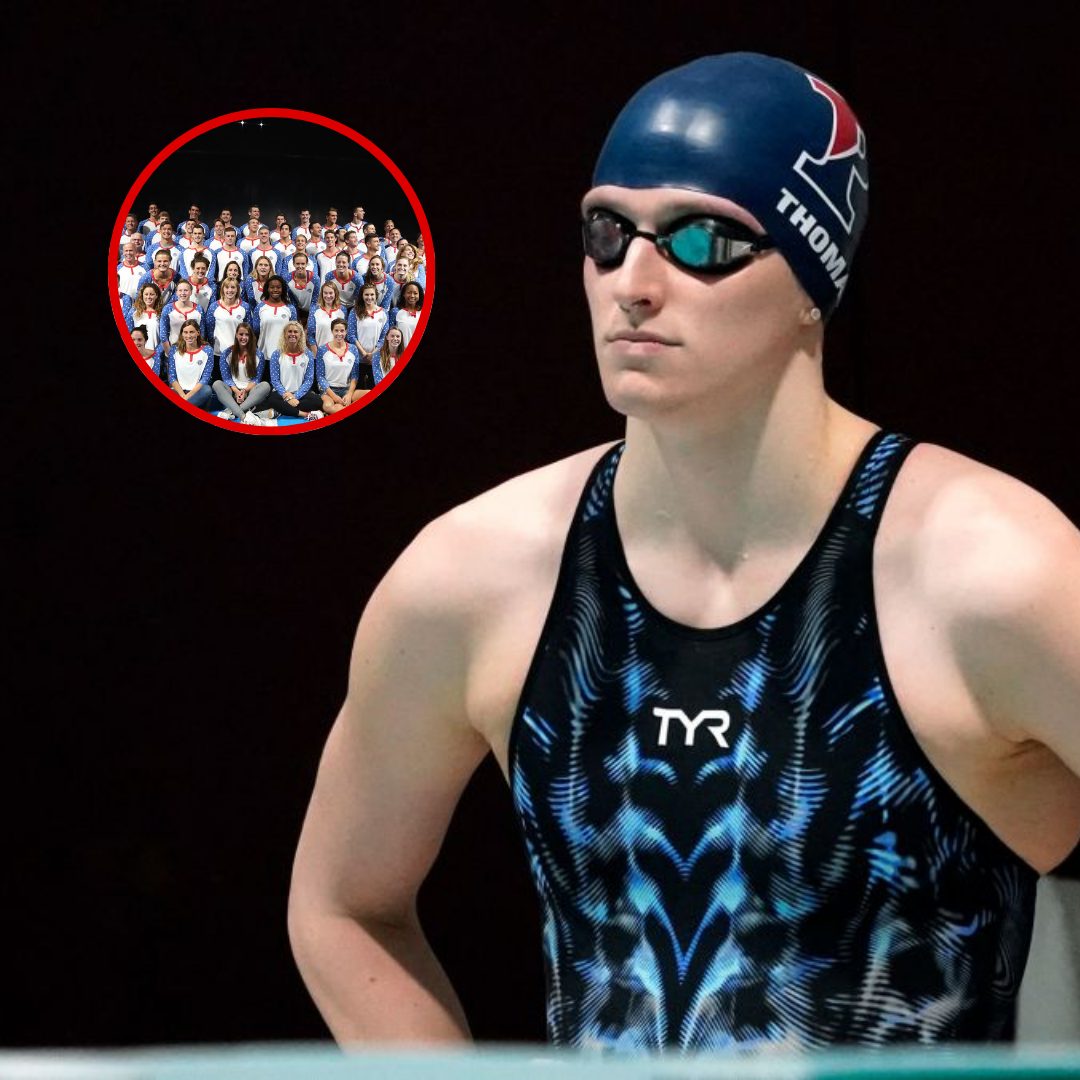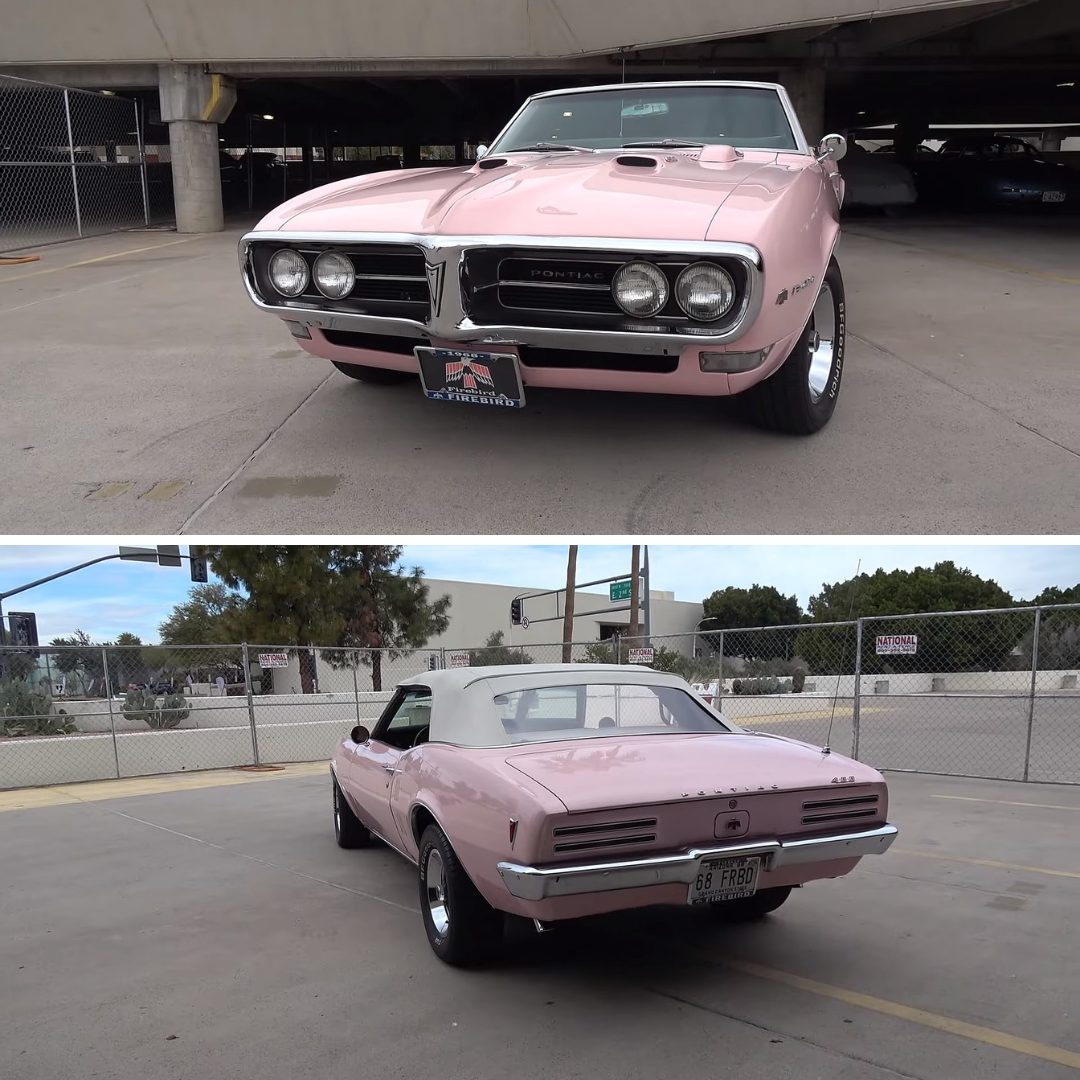On an early December morning in 1941, waves of Japanese bombers roared through American airspace. While air sirens wailed and guns blazed, American nationals took cover as a surprise attack in the Pacific sank U.S. battleships and crippled the largest aggregation of American warplanes outside of North America.
This Japanese attack didn’t occur on the infamous date of December 7, 1941, however, but a day later on the other side of the International Dateline. And the target wasn’t Hawaii’s Pearl Harbor, but the Philippines, which had been an American possession since the 1898 Spanish-American War. Hours after the air raids, First Lady Eleanor Roosevelt spoke on the radio to decry the Japanese “bombing our citizens in Hawaii and the Philippines.”
After the attacks that drew the United States into World War II, President Franklin D. Roosevelt pledged to defend the American commonwealth of the Philippines. “So long as the flag of the United States flies on Filipino soil as a pledge of our duty to your people, it will be defended by our own men to the death,” he said.
A presidential order earlier in the year had brought all military forces in the Philippines under American control in the U.S. Armed Forces of the Far East, and Filipinos answered their commander-in-chief’s call and enlisted by the tens of thousands. As citizens of an American commonwealth, Filipino soldiers were legally American nationals, and Roosevelt promised them the same veterans’ benefits given to members of the U.S. Armed Forces.
Unlike the lightning strike on Pearl Harbor, the Japanese sustained their attacks on the Philippines in the weeks following the entry of the United States into World War II. After staging an amphibious landing, Japanese forces occupied Manila. Under the command of General Douglas MacArthur, Filipinos fought alongside American soldiers in the Battle of Bataan. After the defeat of the Allied forces and the escape of MacArthur to Australia, Filipinos were among the estimated 10,000 soldiers who died during the Japan-led, 60-mile “Death March” across the Bataan Peninsula.

Library of Congress
General Douglas MacArthur, left, congratulates Captain Villamor of the Philippine Air Force, after awarding him the Distinguished Service Cross, December 22, 1941.
Even after the surrender of the Philippines in May 1942, Filipino guerrilla forces continued to fight their Japanese occupiers in the archipelago’s jungles and mountains. For three years they kept up their resistance until MacArthur returned with troops that eventually drove out the Japanese. By the time it ended in 1945, the war had claimed a terrible toll, including the deaths of an estimated one million Filipinos.
In a clandestine radio broadcast to the Philippines in August 1943, Roosevelt said, “I give the Filipino people my word that the Republic of the Philippines will be established the moment the power of our Japanese enemies is destroyed.” That promise was fulfilled on the Fourth of July in 1946 when Filipinos celebrated an independence day of their own as the American flag was lowered and replaced by the ensign of the newly independent Philippines.
Another of Roosevelt’s promises, however, was quickly broken. Earlier in 1946, Congress passed the Rescission Act, which retroactively annulled the benefits promised to veterans and their widows and 𝘤𝘩𝘪𝘭𝘥ren because of concerns over its projected price tag of upwards of $3 billion.
“The priority after World War II was in Europe, and the government made a determination they would instead pay $200 million to the Filipino government, which would disperse the money,” says Antonio Taguba, a retired U.S. Army major general and chairman of the Filipino Veterans Recognition and Education Project, which is working for due recognition and benefits to Filipino World War II veterans and their widows.
In spite of his reluctance, President Harry Truman signed the legislation. “I consider it a moral obligation of the United States to look after the welfare of Philippine Army veterans,” he said in a statement at the bill signing. “They fought, as American nationals, under the American flag, and under the direction of our military leaders. They fought with gallantry and courage under most difficult conditions during the recent conflict.”
More than seven decades later, Filipino veterans were still waiting for the U.S. government to fulfill that obligation. While members of the “Old” Philippine Scouts were eligible to receive full benefits, that has not been the case with members of the Commonwealth Army of the Philippines, Recognized Guerrilla Forces and New Philippine Scouts.
The 2009 American Recovery and Reinvestment Act provided for one-time, lump-sum payments of $15,000 to surviving Filipino veterans who were American citizens and $9,000 to non-citizens. As of January 1, 2019, more than 18,000 claims had been approved by the U.S. government, but nearly 24,000 had been denied, in part because of requirements, Taguba says. In order to receive compensation, veterans must be on a list of 260,715 Filipino guerrilla fighters compiled by the federal government immediately after the war as well as the so-called “Missouri List” of veterans, which is incomplete as a result of a 1973 fire that destroyed millions of military records, including those of many Filipinos who served during World War II.
Alex Wong/Getty Images
Celestino Almeda, a Filipino veteran representing the Philippine Commonwealth Army, is greeted by other guests during a Congressional Gold Medal presentation ceremony October 25, 2017.
“It’s almost an exercise in futility,” says Taguba, whose father served in the Philippine Scouts, escaped from the Bataan Death March and continued to fight as a guerrilla in northern Luzon.
Filipino World War II veterans did receive recognition in 2017 when they were awarded the Congressional Gold Medal—the country’s highest civilian honor—but many still lack benefits. With many of these veterans in their nineties, their numbers are dwindling by the day.
“There are not many left, maybe less than 10,000, Taguba says, “so this is a battle of attrition.”





